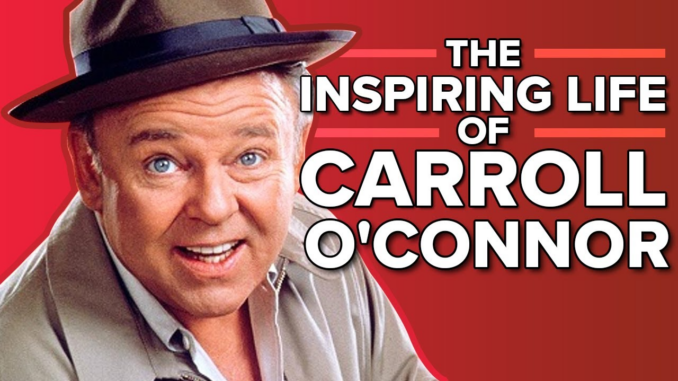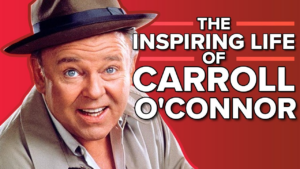
Introduction: Carroll O’Connor’s portrayal of Archie Bunker in “All in the Family” left a lasting imprint on television history. But how much do we really know about the man behind the iconic role? In this article, we uncover the true story of Carroll O’Connor—his struggles, his triumphs, and the personal demons he fought throughout his life.
The Early Years: O’Connor’s journey to fame was far from easy. Born in 1924 in New York, Carroll O’Connor initially studied at the University of Montana before pursuing an acting career. Before his role in “All in the Family,” O’Connor appeared in numerous Broadway plays and television series, but it wasn’t until he was cast as Archie Bunker that he became a household name. What most people didn’t know is that O’Connor had a deep, philosophical approach to his work. He didn’t just play Archie; he embodied the character’s complexity with remarkable depth.
A Troubled Personal Life: Despite his success, O’Connor’s personal life was marked by heartache. His son, Hugh, struggled with drug addiction, which devastated Carroll. The actor’s personal life became even more complicated after the tragic loss of his son in 1995. O’Connor’s grief affected his work and led him to speak openly about addiction, using his platform to advocate for better treatment and understanding of mental health issues.

Behind the Iconic Role: O’Connor’s relationship with his on-screen character, Archie Bunker, was complex. Archie was racist, sexist, and politically incorrect, but O’Connor approached the character with a sense of vulnerability and humanity. O’Connor believed that Archie wasn’t just a villain—he was a product of his environment, and in some ways, his struggles mirrored the conflicts that were occurring in society during the 1970s.
Legacy and Impact: Today, O’Connor’s legacy lives on in both his iconic role as Archie and his activism for social justice. His portrayal of Archie Bunker challenged viewers to confront their own biases and prejudices. Though O’Connor is no longer with us, his work continues to influence actors and filmmakers, and his impact on the world of television is undeniable.
